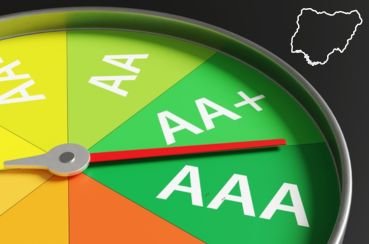
The demand for Sovereign credit ratings—the assessments assigned by Credit Rating Agencies to evaluate the credit risk of central governments—has grown significantly. Today, more Governments with higher default risks, as well as companies in riskier countries, are borrowing in international bond markets. Similar to corporate credit ratings, sovereign ratings gauge the likelihood of a government defaulting on its obligations. Many investors prefer rated securities over unrated ones with similar credit profiles, so governments often seek credit ratings to enhance access to international capital markets.
Sovereign ratings are impactful not only because they facilitate access to global bond markets but also because they influence multiple sectors within the country. A country’s Rating can affect the broader economy and, ultimately, its taxpayers.
How exactly do Sovereign ratings affect taxpayers?
A rating downgrade can have serious consequences for the economy, impacting income levels and leading to higher interest payments. These increased costs often result in tax hikes to cover the additional debt burden. A lower rating can also reduce the capital available for investment, as many pension funds and institutional investors are limited to holding securities with strong credit ratings. Repeated downgrades can trigger a sell-off of government bonds from these funds, forcing the government to offer higher interest rates to attract future investors.
In countries like Nigeria, a downgrade could mean the government has to pay significantly higher interest rates on its debt, raising overall borrowing costs. This ultimately places a higher financial burden on taxpayers, as the government may need to increase taxes or reduce public spending to manage the additional debt servicing costs.
Sovereign credit ratings have a direct and indirect impact on taxpayers, affecting everything from investment flows to interest rates, and can lead to higher taxes or reduced public services when ratings fall.








Leave A Comment